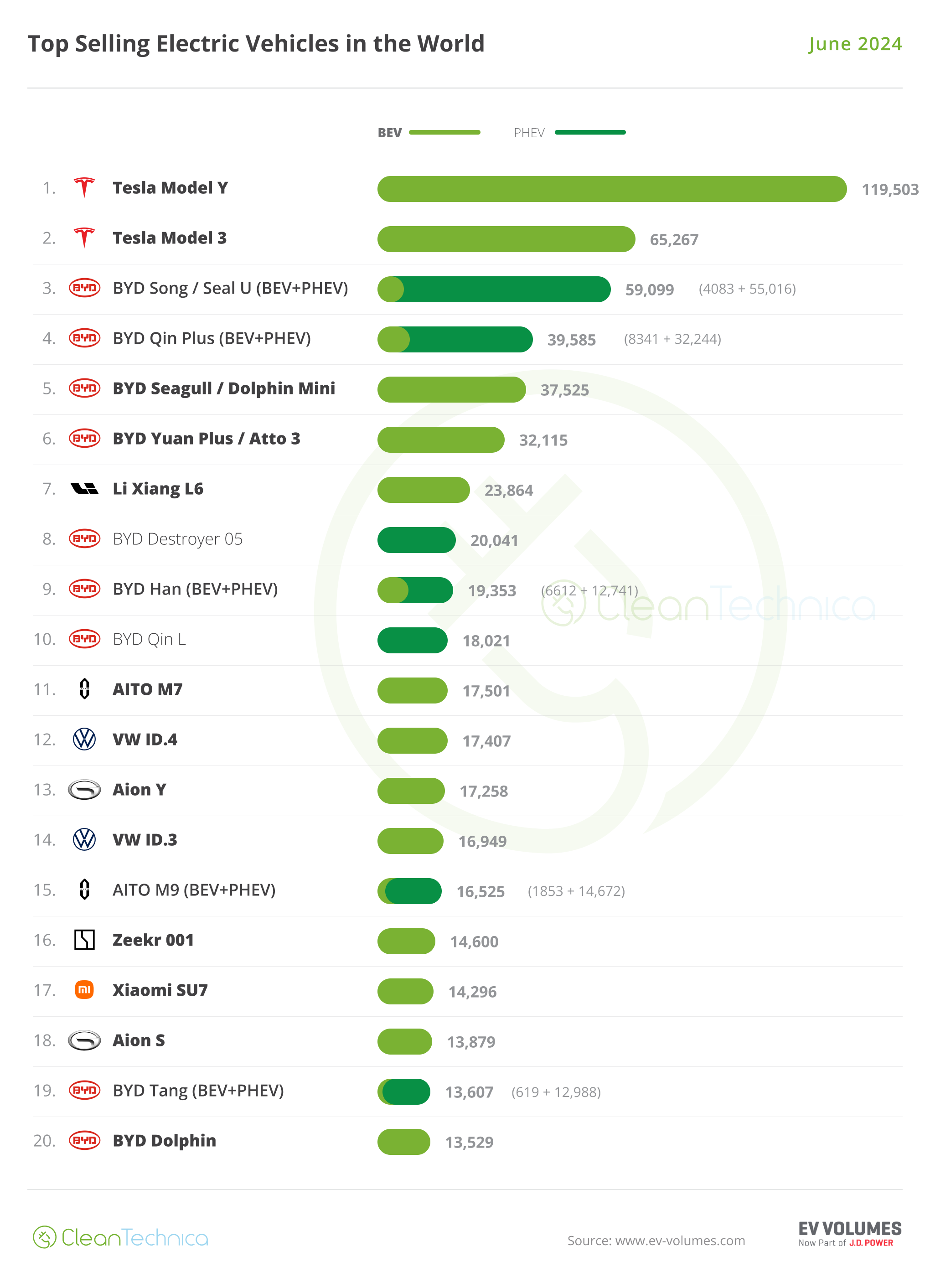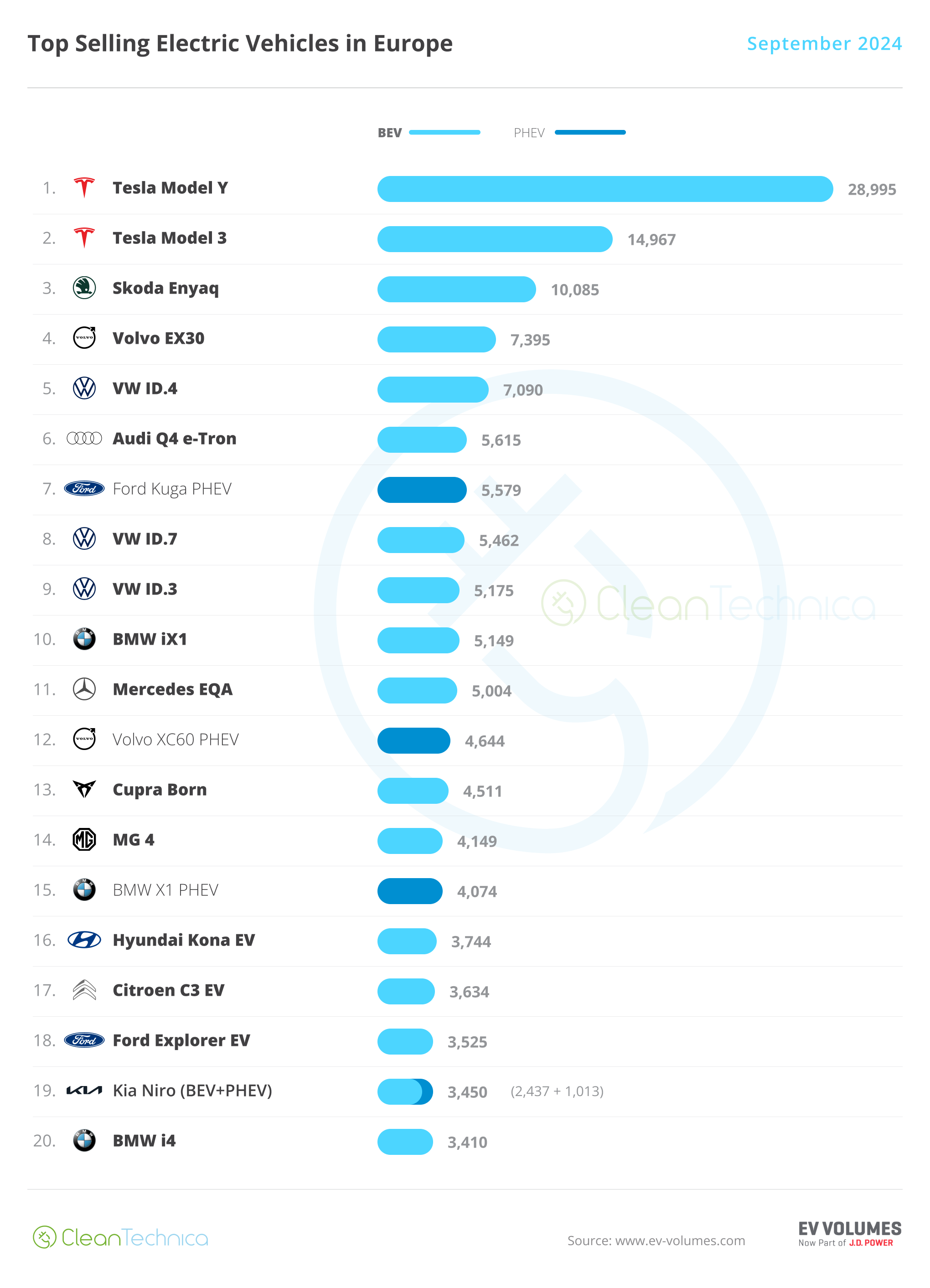As war wages across their eastern border, Poles seek safety.
And they’re finding it in gold.
Russian troops stormed across the Ukrainian border on Feb. 24, 2022. It was Fat Tuesday; a day Poles typically line up for jelly-filled donuts called pączki. Instead, they lined up to buy gold.
Piotr Kokik is the manager of a shop that sells gold bars and gold coins produced by the Mint of Poland.
“On that day there were longer lines for gold at our store than for donuts at the bakery,” Kozik told the Associated Press.
There aren’t lines today, but demand for gold in Poland remains robust. It’s been that way since the COVID-19 pandemic.
In fact, the physical gold market in Poland has been among the strongest in Europe over the last three years.
Marcin Grzesiak lives near the Belarus border where Poland is dealing with an influx of refugees. He recently traded 29,000 Polish zlotys ($7,000) in cash for three gold coins. He told the AP he’s worried about the geopolitical situation and he wants to diversify his investments. He also expressed concern about potential cyberattacks disrupting the global financial system.
“We are living in turbulent times. I didn’t expect Russia to attack Ukraine. Even my friends from Ukraine didn’t expect Russia would attack them. Anything can happen.”
Mint of Poland head of precious metals trade Marta Bassani-Prusik said gold sales skyrocketed during the pandemic. The war next door juiced gold sales again “because everybody was afraid of what was happening.”
Gold sales also got a boost with post-pandemic price inflation rising as high as 18 percent.
Poles are no stranger to geopolitical fear. The county serves as a crossroads between Eastern and Western Europe, and it has seen more than its fair share of war and strife. Memories of German occupation during World War II and Russian domination in the years that followed linger in the Polish psyche.
Many families remember stories about gold coins and jewelry meaning the difference between life and death during World War II. It bought food and sometimes an escape.
Bassani-Prusik said these stories made a big impression on many of her clients.
“They say that they are alive only because of the gold, because their grandparents had a gold bar or a gold coin.”
Having real physical gold is important 38-year-old entrepreneur Radoslaw Paklikowski told the AP.
“I don’t mean a ton of gold, but an amount that will help you cross the border or make your family safe if anything will happen.”
Paklikowski said he invests about 5 percent of his assets in precious metals.
The Polish central bank has also joined the gold rush.
In 2021, Bank of Poland President Adam Glapiński announced a plan to expand the country’s gold reserves by 100 tons. The central bank reached its goal in September 2023 and kept buying.
Poland ranked as the second-biggest gold buyer in 2023, only trailing China. Between April and November, the Polish central bank bought 130 tons of gold, increasing its gold holdings by 57 percent, to 359 tons.
Glapiński recently indicated the Bank of Poland will continue to add gold to its holdings and that appears to be the case.
“This makes Poland a more credible country, we have a better standing in all ratings, we are a very serious partner and we will continue to buy gold. The dream is to reach 20 percent,” Glapiński said.
When he announced the plan to expand its gold reserves, Glapiński said holding gold was a matter of financial security and stability.
“Gold will retain its value even when someone cuts off the power to the global financial system, destroying traditional assets based on electronic accounting records. Of course, we do not assume that this will happen. But as the saying goes – forewarned is always insured.
“And the central bank is required to be prepared for even the most unfavorable circumstances. That is why we see a special place for gold in our foreign exchange management process.”
The Polish central bank has continued to add gold to its reserves this year.
It’s clear Poles have learned lessons from history. They understand the value of gold and the financial security it provides. It’s a lesson people in the U.S. would do well to learn.
********

.jpg)

